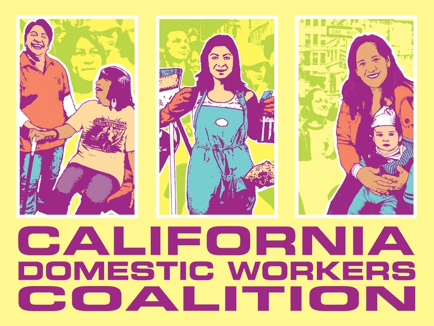Tavleen Tarrant
Terry Villasenor lost her job as a caregiver in California recently amid the ongoing COVID-19 pandemic. Her husband also lost his job as a maintenance worker at a building in downtown Los Angeles around the same time.
Villasenor, a Filipino human trafficking survivor and worker leader at LA’s Pilipino Workers Center — which aims to build labor leaders in the domestic worker industry and also provides immigration and anti-human trafficking services — has been tested twice for coronavirus, as has her husband. Twice the results came back negative. They’re both still looking for work.
Villasenor’s experience is similar to that of the other 2.5 million domestic workers in the United States, many of whom have been furloughed as a result of the pandemic, or, in many cases, forced to make the decision to continue working in dangerous conditions or face homelessness. According to the National Domestic Workers Alliance, over 90% of domestic workers — a category that includes caregivers, house cleaners, nannies, and home health aides — are women, and a vast majority are minorities and immigrants. Domestic work is also a multibillion-dollar global industry, yet domestic workers are overwhelmingly low-wage and as many as 23.4% of those workers live under the poverty line.
